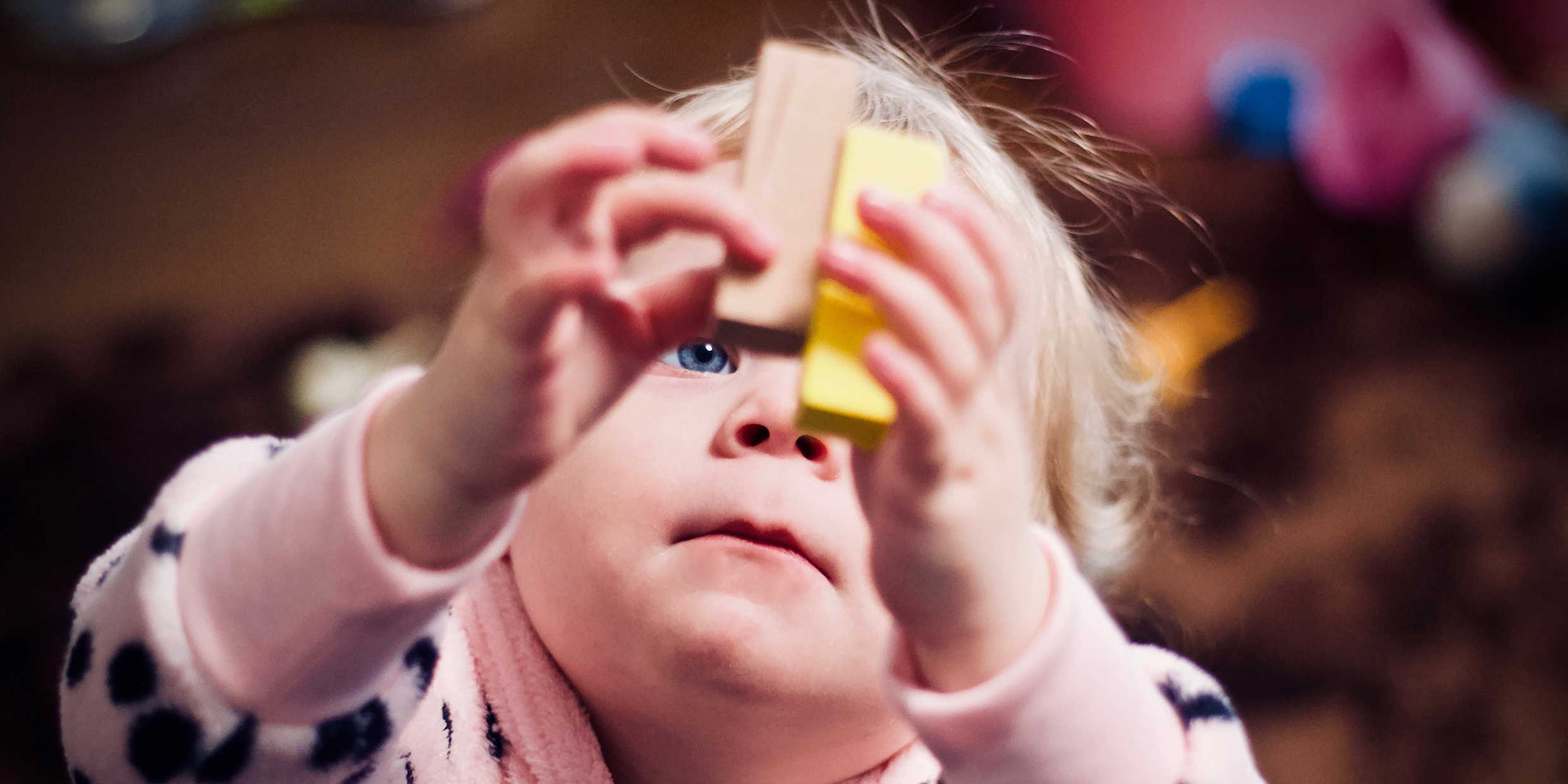Originally published 3 August 1998
Back when I was starting out in science and parenthood, more or less simultaneously, behaviorism was all the rage: Provide the right stimulus, you’ll get the right response. Harvard’s B. F. Skinner presided from a pedestal, and psychologists giddily ran rats through mazes, rewarding the rodents with food pellets when they learned their lessons.
In anthropology, Margaret Mead went off to the South Pacific and came back convinced that humans are the creations of culture. If we were not all as blissfully well-adjusted as her Samoan islanders, it was because someone mucked things up in the nursery.
The prevailing gospel of the time was that children are born as blank slates and environment is everything. Parents guiltily thumbed their copies of Dr. Spock, fearful that if they made a mistake — too much love, too little; too much freedom, too little — they might warp their progeny for life. Mothers, especially, took the rap for everything from autism to homosexuality.
In the perennial debate about nature and nurture, nurture was triumphantly ascendant.
Swept along by the scientific consensus, I made our home into a sort of Montessori castle, filled with the kinds of sensual, intellectual, and esthetic stimuli that would turn my children into cheerful, creative paragons of virtue. I won’t describe the loony things I concocted for the kids, convinced that if only I scribbled the correct things onto their wee tabulae rasae they would be set for life.
My spouse looked upon this fanatical nurturing with skepticism. It’s what you’re born with, she suggested, with weary bemusement. She agreed with psychologist Burton White that the first three years of a child’s life are important, but our main responsibility to our children was not to mess up whatever gifts the genes had given them, she claimed — but she was deeply out of step with the times.
Now, a generation later, it’s our kids’ turn to raise kids, and the scientific consensus has gone topsy-turvy. These days, biology is destiny and DNA reigns supreme. At Harvard, Edward O. Wilson, father of sociobiology, has taken Skinner’s place on the pedestal. Look for the roots of behavior in our genes, he says.
Margaret Mead’s supposedly guileless and guiltless Samoans turn out, on further study, to have been about as mucked up as the rest of us — making a strong case for biology over culture.
Rats have given way to human twins in nurture/nature research. Most useful are identical twins raised apart from a young age; whatever these sibs have in common must be the result of genes, rather than upbringing, or so the story goes. Genes have been suggested for feeling good, depression, risk taking, timidity, IQ, alcoholism, photographic memory, divorce, promiscuity, altruism, criminality, problem-solving, and sexual preference. In fact, so pervasive are the claims now made for genes that befuddled young parents might wonder if the home environment makes any difference at all.
After a generation of worshiping Freud, psychologists have transferred their allegiance to Darwin. Evolutionary psychology is where it’s at, and MIT’s Steven Pinker is the new pop messiah. The answer to the question of who we are is not to be found in the nursery (or — yikes! — with that infamous parental bedroom scene), but in the grasslands of East Africa 3 million years ago. Look there even for the origins of ethics and religion, says Wilson.
Naturally, this turnabout in scientific consensus has its detractors. Bryan Appleyard, a scathing British critic of all things scientific, writes: “Religion, the developmental analyses of Freud, the cultural, historical, and environmental faith of Marxists and social scientists have all given way to the mighty gene, the Holy Grail of biology and the great cultural totem of our time.” We all are being asked to bow down before the double-helix of the DNA, he says; that invisible twist of chemicals has become the new soul, the site of identity and self.
Resistance to the new genetic determinism (or what is perceived as determinism) is based mostly on the fear that we might not be, after all, masters of our fates. If we are the inevitable products of our biology, then what becomes of the doctrine of human perfectibility? “The devil made me do it?” has been replaced by “The genes made me do it? — to the consternation of traditional ethicists. We can struggle to overcome Satan, but who can wrestle in the night with the DNA?
Will perfectibility now be placed in the hands of genetic engineers? asks Appleyard. Will chemicals become the new redemption?
Of course, this anti-gene hysteria is mostly silly. Any parent with more than one child knows that genes are decisive. And any parent with even one child knows that environment is also important. As the pendulum of scientific fashion swings back and forth between nature and nurture, we begin to understand that the human brain comes hardwired by evolution, ready to be programmed by experience.
The first three years of the an individual’s life are formative; so are the first 3 million years of human evolution.
As time passes, evolutionary biologists and geneticists will learn more, lots more, about how genes shape destiny. The role of environment may be more difficult to grasp, depending as it does on the massive mysteries of the active human brain.
Meanwhile, parents will continue trying to do what must be the hardest job in the world: shepherding children into adulthood without making a right royal mess of it.



